Berlin’s Gulasch: A Stirring of Home
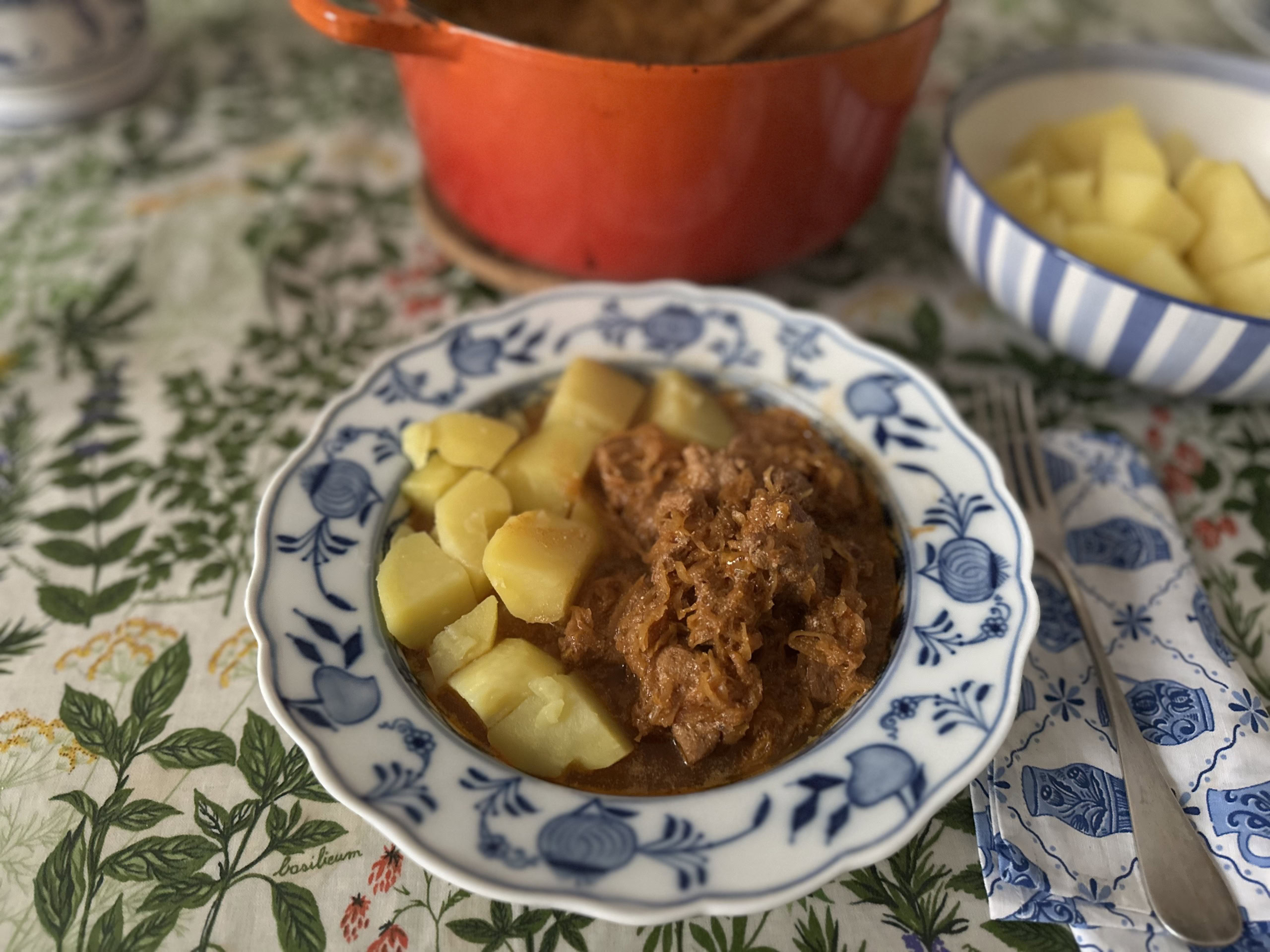
Luisa Weiss’s recipe (and pairing) for a heartwarming bowl of gulasch and Gemütlichkeit in Germany’s capital city.

Luisa Weiss’s recipe (and pairing) for a heartwarming bowl of gulasch and Gemütlichkeit in Germany’s capital city.
Food author
Luisa Weiss is an American and Italian food writer. She is the author of the cookbooks Classic German Cooking and Classic German Baking and the food memoir My Berlin Kitchen. She was the food columnist for Harper's Bazaar Germany for four years and is the founder of the Wednesday Chef food blog. She writes a newsletter called Letters from Berlin on Substack. She lives with her husband and two sons in Berlin.

Home is where the vines grow. We’ve all heard variations on that theme. But just how far can that idea be taken? Wein Goutte offers one answer. This portable micro-estate — whose first vintage sold out in a blink — is the brainchild of husband-and-wife team Christoph Müller and Emily Campeau. The concept goes beyond negociant but stops well short of flying winemaker. And it presents an entirely new model for a footloose generation’s interpretation of the relationship between vintner and site. Campeau, a fierce lover of food and wine (and a vivid writer on both), is originally from Québec. Her experiences…...
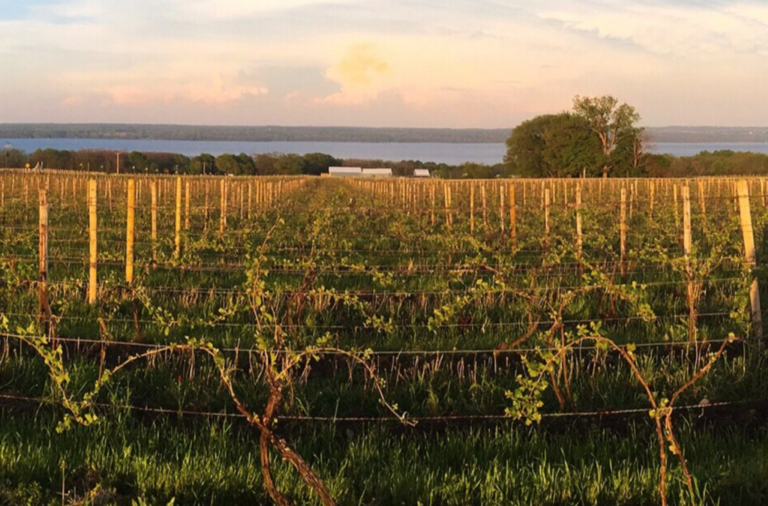
Slopes tilting toward shimmering water; a long, cool growing season; and shallow slate soil — to a connoisseur of German wines, these features immediately evoke the storied Mosel region. Yet they also describe a much younger wine-growing area: New York State’s Finger Lakes, or FLX. Long dismissed as a producer of tourist-friendly sweet wines made from non-vinifera grapes, the Finger Lakes now give life to vintages that express grape and terroir with nuance and sophistication. These include wines created by German-born winemakers, such as Johannes Reinhardt at Kemmeter Wines and Peter Weis at Weis Vineyards, as well as those who trained…...
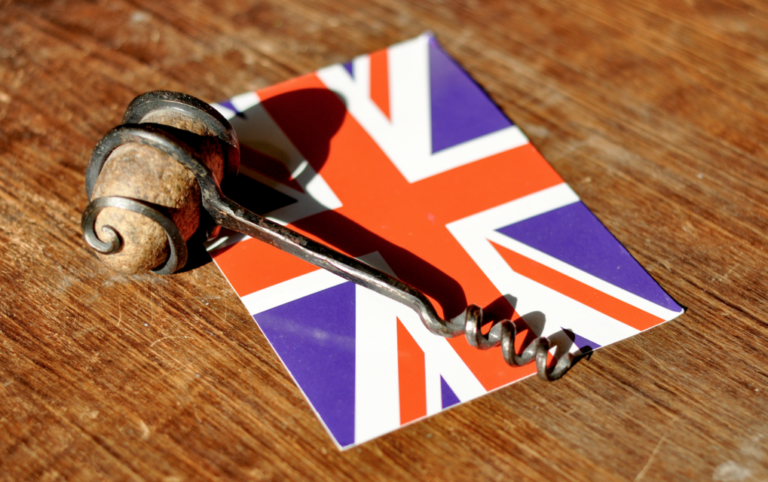
We British are not the world’s most noted linguists, but that doesn’t seem to put off some of us from drinking “German-speaking” wines. That said, the market for these wines has had a rough ride at times, which makes their current increasing popularity all the more intriguing. Germany has historically boasted a well-established presence in the U.K. wine market. In the 19th– and early 20th– centuries German wines were famously on par with Bordeaux, Burgundy, Champagne, and Port in terms of price. After the fall of Napoleon, the Rhineland and the Mosel both entered a period of prosperity, initiated by…...
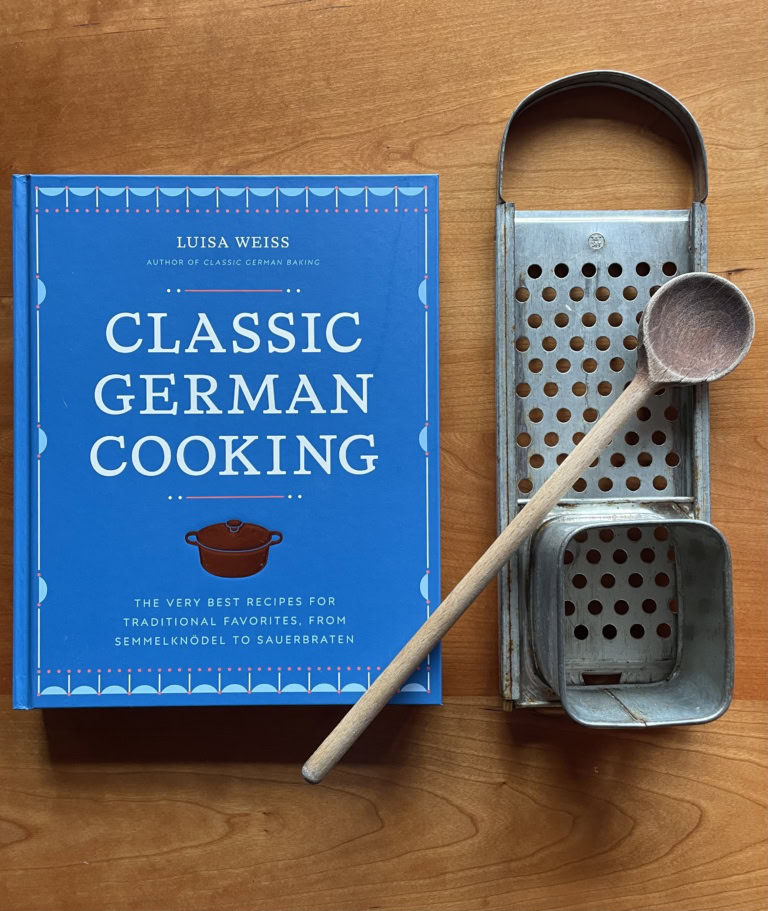
“Germans are particularly nostalgic about the food of their grandmothers,” writes Luisa Weiss, furnishing a sturdy thesis for her handsome, welcoming new cookbook. Weiss, whom you may — should — know, is a food writer. She was born, partly raised, and now lives full-time in Berlin. She blogged about food for more than a decade from New York as The Wednesday Chef, then moved to Germany. There she wrote her way deeper into the German culinary world: the food-driven memoir My Berlin Kitchen: A Love Story with Recipes (2012) and Classic German Baking (2016). She now writes a Substack organized…...
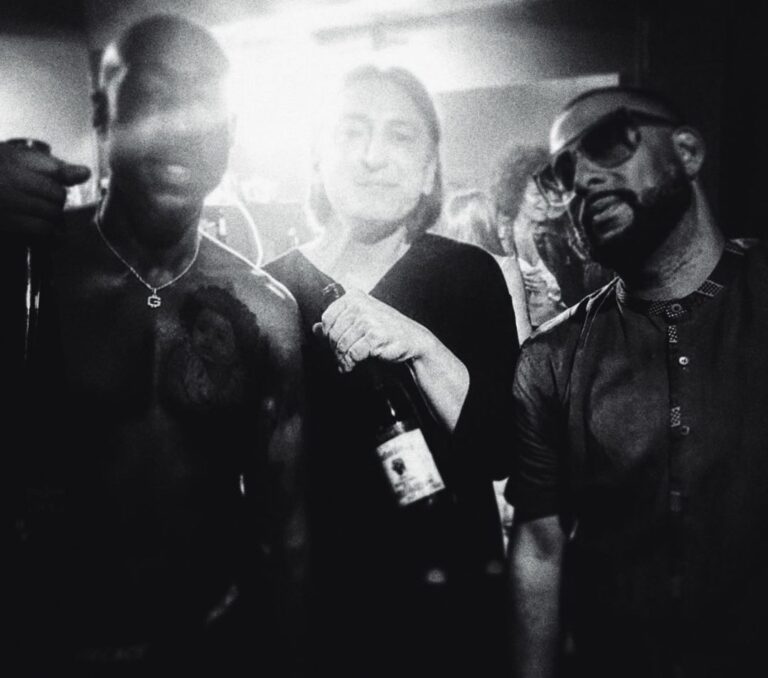
Known to his 18,000-plus Instagram followers as @soilpimp, Robert Dentice is a German wine collector and vinyl fanatic, founder of the Riesling Study event series, and a driving force behind a brand new project called sourcematerialwine that is set to spread his evangelical zeal for German wine to the wide world. Short of spending an evening at one of his legendary Riesling-, Silvaner-, or Weissburgunder-fuelled music events — and he’d sincerely love nothing more than to have you there — the next best way to get a sense of the radiant positivity he brings to German wine is to cue…...
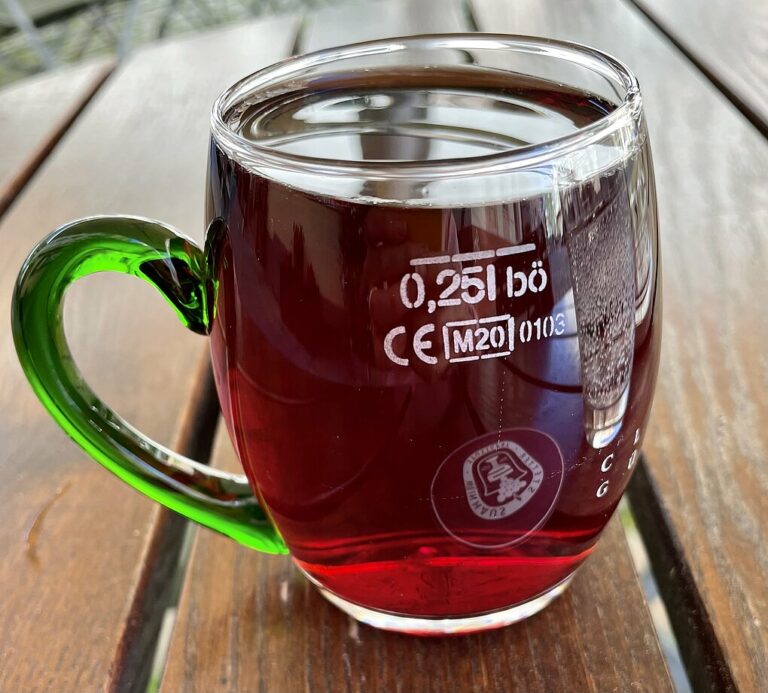
Trollinger was long decried as a poor excuse of a wine. Increasingly, growers and drinkers beg to differ.
Enjoy unlimited access to TRINK! | Subscribe Today